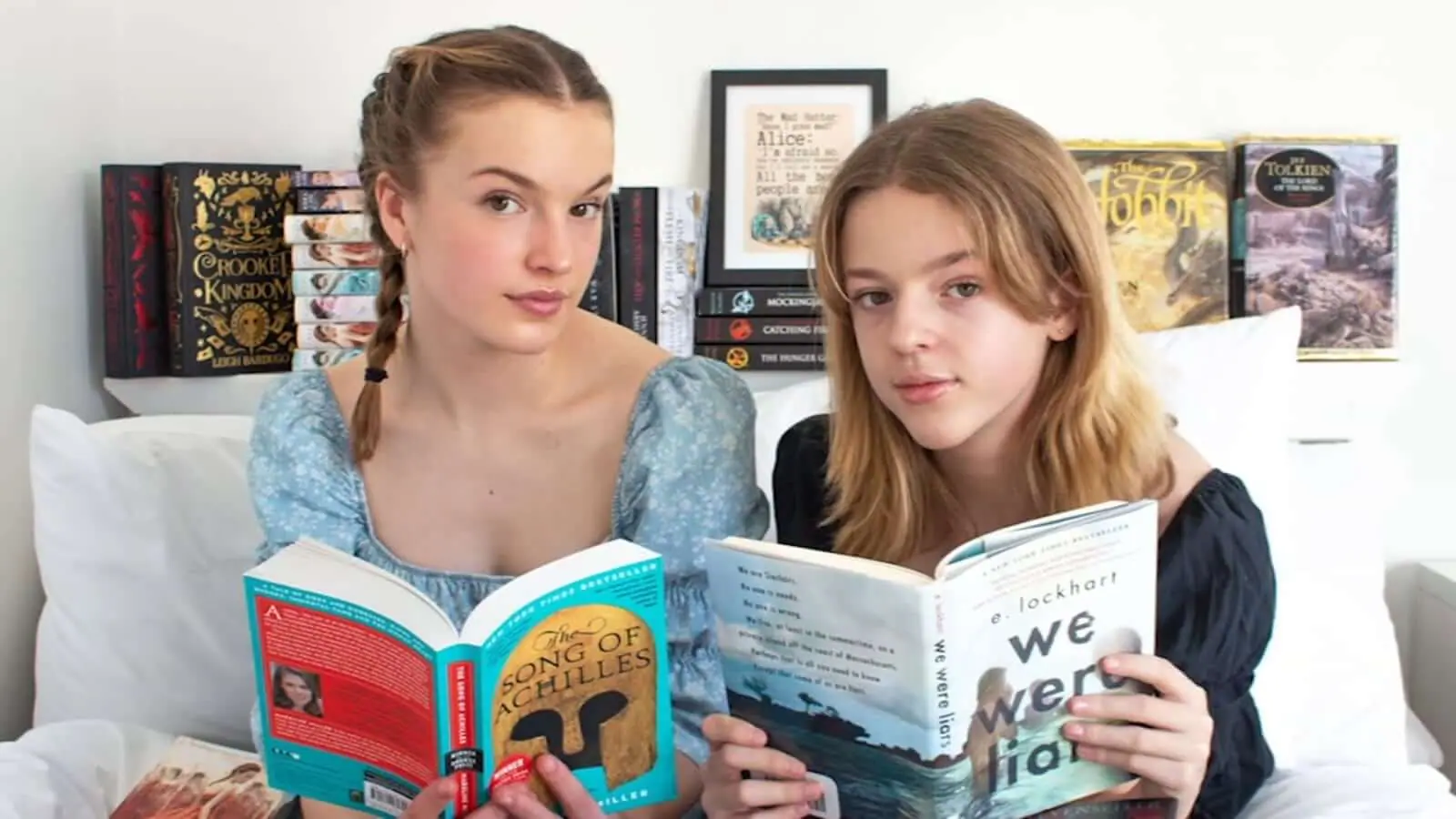The Daily Telegraph had an article written by Mike Wright on 17 May with which I disagreed. It was titled, “I’m proud that people steal my books, says Trainspotting author.”
Mr Wright covers social media and related policy and tech issues for the Telegraph.
Wikipedia says that “Irvine Welsh (born 27 September 1958) is a Scottish novelist, playwright and short story writer. His 1993 novel Trainspotting was made into a film of the same name. His work is characterised by a raw Scots dialect and brutal depiction of Edinburgh life. He has also written plays and screenplays, and directed several short films.”
The article says, “The author of Trainspotting has said he does not mind fans stealing his books because he still gets the royalties. Irvine Welsh, the author of what is often cited as ‘the most shoplifted book in history’, said the accolade is a ‘source of pride’ and he is unconcerned if people keep stealing his books.
In an interview, he revealed that he gets paid whether his tomes are bought or stolen because the stores have to cover the cost to the publishers. He revealed the financial loophole on the podcast Midnight Meets with Colin Murray. Speaking about Trainspotting, Welsh said, “It is a source of pride that people kind of nick it. I always get some wee yob that comes up to me and goes, ‘I got your books. I stole them all.’
“I say, ‘well look, I appreciate that because they usually go to the bookseller on a sell or return basis. So if they don’t sell, the bookseller can’t return them to the publisher. That means I get my royalties. So I appreciate you stealing them because it means double sure that I get paid.’ Fabulous. It’s brilliant. It’s unbeatable.”
Welsh, 62, rose to fame with his 1993 bestseller, which was made into the Danny Boyle-directed film starring Ewan McGregor and Kelly Macdonald. The novel has since been cited as the most shoplifted book in the UK and Mr Welsh said his other titles, such as The Acid House, Filth and Porno, are also frequently the targets of theft.
The novel Trainspotting itself deals with book theft, when its heroin-addicted protagonist, Renton, admits to a judge that he stole books by the existential writer Soren Kierkegaard. However, Renton manages to avoid a jail sentence by telling the judge that his petty larceny was not aimed at feeding his drug habit but by his curiosity about the philosopher’s ‘concepts of subjectivity and truth’.
An actual list of the most stolen books in Brittan, compiled by The Times in 2009 from interviews with independent booksellers, found the London A–Z the most popular with shoplifters.”
If one of my books were the target of shoplifting, I can imagine having a discrete sniggle about it with a couple of friends, but I certainly wouldn’t mention it in public. As Welsh admits, the booksellers are the ones who end up paying for the author’s royalties. And for an author to crow about his good fortune at the expense of those who are otherwise trying to make money for him seems insensitive and ill advised.

